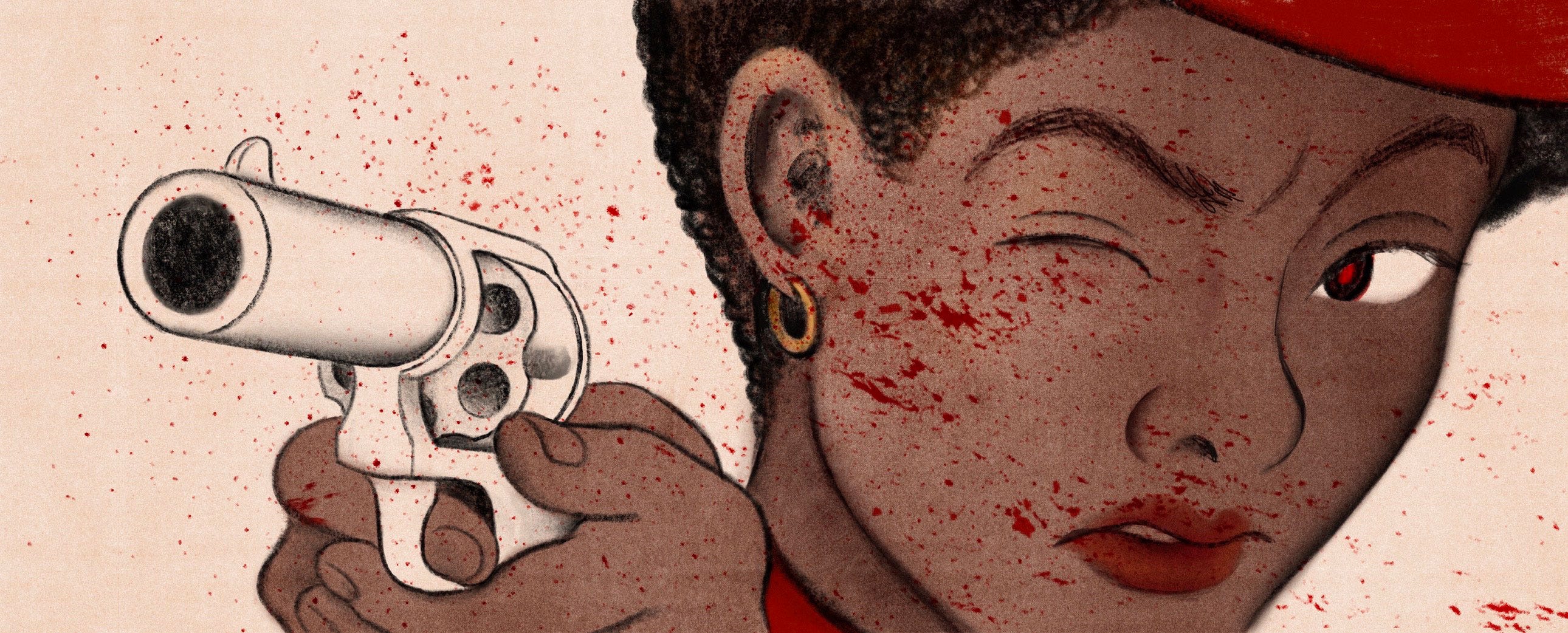When it was her turn to address the Pennsylvania Board of Pardons, the anguished old woman had to be assisted down the aisle and guided to a chair that had been placed directly in front of the four-man panel. Opening her mouth to speak, she instead dissolved into tears. The panel waited patiently while the woman composed herself. Once her statement began, The Evening Dispatch reported, “every sentence [was] punctuated by a sob.” It was a heart-wrenching scene to witness.
Clasping her hands together and holding them outstretched in front of her face beseechingly, she wailed, “Oh, gentlemen, she is my child; mercy, mercy!”
Scarcely able to continue and racked with emotion, she moaned, “No doubt she did wrong, but she was crazy. You know a mother’s feelings. You may have daughters; oh, how could you bear to have her go to the gallows? I wish you would release her, and let me take her home,” she begged, appealing to their common humanity. “I will take care of her.”
Chronicling the toll her daughter’s plight had taken on her, the old woman wept, “Oh, why did she go with that man! I can neither eat nor sleep. My flesh is worn out with sorrow, thinking she must go to the gallows. Mercy, gentlemen, mercy! Her father is dead, and I am all alone. … I got up from my sick bed to come here.”
The mother then spoke lovingly in defense of her child. “She was a good daughter to me. I could never live many days after her. She wrote to me that she was crazy and did not know what she was doing. I always taught her what was good and gave her a religious education.” Pausing to shake her head sadly, she lamented, “Her mind was placed on him and him alone.”
As the Wayne County Herald reported in its November 26, 1885, edition, describing this poignant scene of a desperate mother’s appeal: “Nothing ever written by Victor Hugo possesses greater dramatic interest.”
When she was finished speaking, the woman stepped forward and gently placed a picture of her daughter on the table before the panel. She was then escorted back to her seat at the rear of the room, where she quietly wept.
Her daughter’s crime of passion had both captivated and divided the people of Philadelphia, some demanding Annie Cutler pay the ultimate price for her sin, and others joining Annie’s distraught mother in pleading for mercy.
It all started with an innocent seaside drive.


